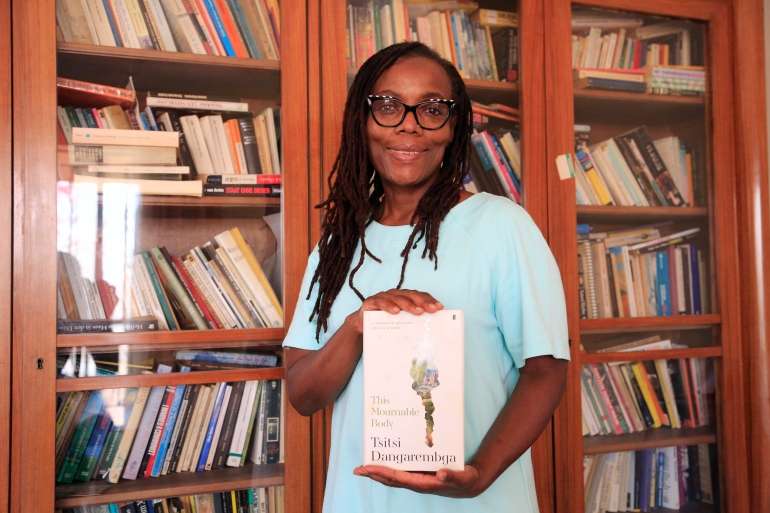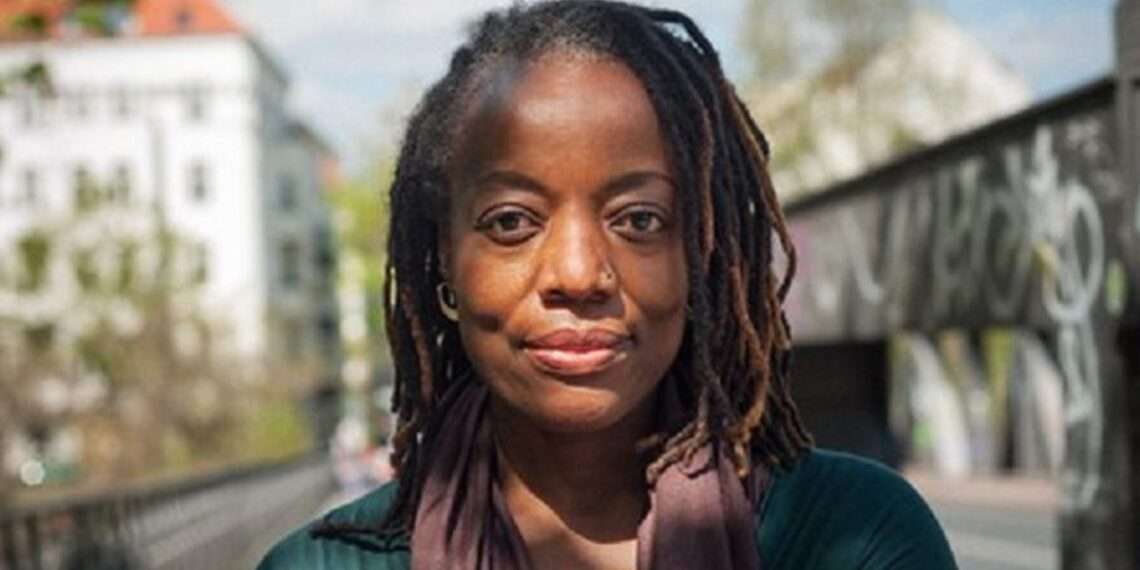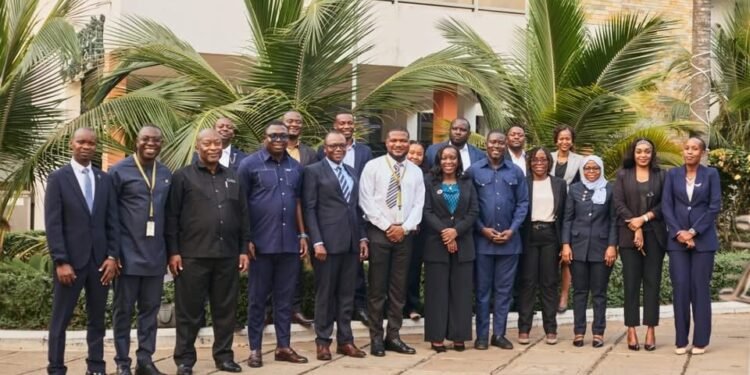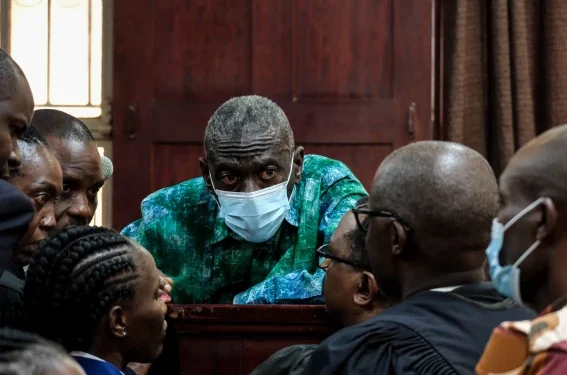Zimbabwe’s world-renowned writer and filmmaker, Tsitsi Dangarembga has been honored with the Peace Prize of the German Book Trade and is now the first Black woman to win the Peace Prize of the German Book Trade.
In addition to the Peace Prize of the German Book Trade, Dangarembga was also awarded a cash price of 25,000 euros. That notwithstanding, Dangarembga has also been awarded the PEN Pinter Prize and the PEN International Award for Freedom of Expression this year.
Accepting a prestigious German prize in honor of her work, Dangarembga called for a “new Enlightenment”, saying a fundamental shift is needed to overcome the structures of racial hierarchy that have led to violence in her home country and across the world.
She said at St. Paul’s Church in Frankfurt: “What we can look to is to change our thought patterns word by word, consciously and consistently over time and to persevere until results are seen in the way we do things and in the outcomes of our actions”.

In her remarks, Dangarembga spoke about Zimbabwe’s colonial past and the various forms of violence white colonialists inflicted on its Black inhabitants in the 19th and 20th centuries. That violence continued when Zimbabwe became independent in 1980.
“These kinds of violence are structured into the global order that we live in and have their root in the structures of Western empire that began to be formed over half a millennium ago”.
As a result, Dangarembga said the world is in need of new ways of thinking. She said bringing about real change will require not “miracle cures”, but hard, conscious work on behalf of those who have benefited from western power structures.
Aluma Obama, a sociologist and activist and half-sister of former U.S. President Barack Obama, praised Tsitsi Dangarembga for fighting to give a voice to the voiceless people of not just Zimbabwe, but Africa as a whole.
Obama made the remarks while introducing Dangarembga to the podium before she received the Peace Prize of the German Book Trade.
Aluma Obama said the writer and filmmaker has fought “against all odds” and “with all possible means” for “the voiceless and for freedom of expression” in Zimbabwe.
“You presented a differentiated picture of the African continent worldwide”.
Aluma Obama
Announcing the prize earlier this year, the jury said she is “not just one of her country’s most important artists but also a widely audible voice of Africa in contemporary literature”.
Tsitsi Dangarembga, born in 1959 in Zimbabwe, studied psychology in her home country and later at the German Film and Television Academy in Berlin.

Today, she is one of the most important filmmakers in Zimbabwe. In her films, she has dealt with socially relevant topics such as AIDS and violence against women. She also actively supports young women filmmakers in her country and founded her film production company, Nyerai Films, in 1990.
As a writer, she gained international recognition with her trilogy of novels, ‘Nervous Conditions’ (1988), ‘The Book of Not’ (2006), and ‘This Mournable Body’ (2018), which were written over three decades and follow a young woman’s struggle for independence.
Dangarembga is also involved in the discussion surrounding looted colonial art in Berlin’s museums.
In Zimbabwe, she actively campaigns against corruption and was briefly arrested in July 2020 for protesting against the government. Proceedings are currently still pending against her.























